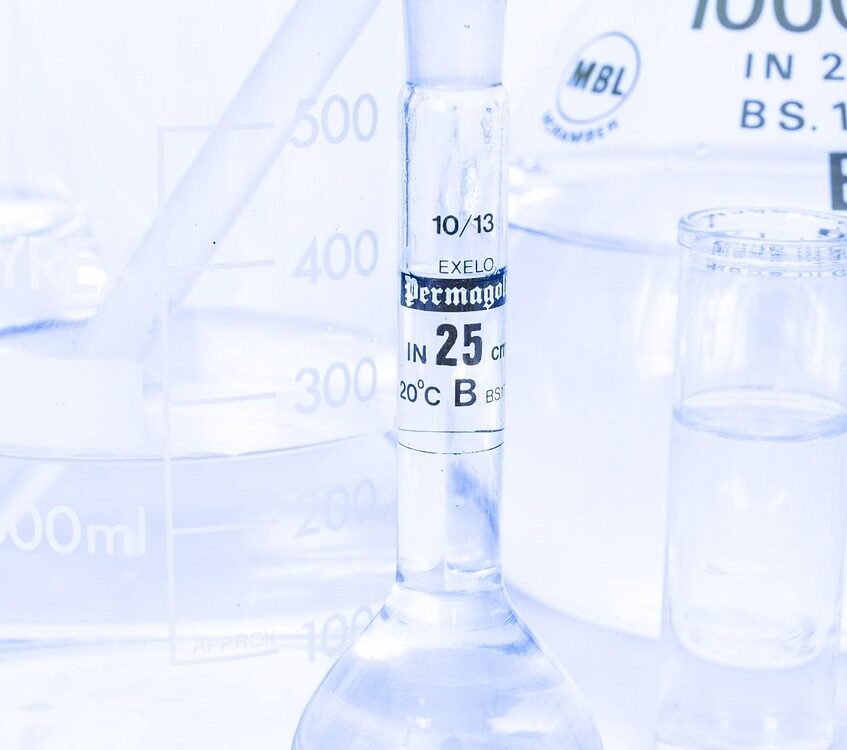
EUROPE: Publication of the 23rd ATP (Adaptation to Technical Progress)
25 June 2025
FRANCE – ANSES: Notifications for new marketing authorisation applications, major use extensions and generic products
3 July 2025OECD (Organisation for Economic Co-operation and Development) has published on 25 June 2025, 56 new, updated and corrected test guidelines (in english and french).
The OECD guidelines for the testing of chemicals are a unique tool for assessing the potential effects of chemicals on human health and the environment. Accepted internationally as standard methods for safety testing, the guidelines are used by professionals in industry, academia and government involved in the testing and assessment of chemicals, notably phytopharmaceuticals.
To be noted, concerning these guidelines:
- One new guideline, No. 254, laboratory test to assess the acute contact toxicity on Mason bees (Osmia sp.)
- Some toxicity (N° 407, 408, 421, 422) and ecotoxicity (N° 203, 210, 236) guidelines updated to allow collection of tissue samples for “omics” analysis
- A guideline (No. 497, Defined approaches on skin sensitisation) updated to allow in vitro and in chemico methods in TG 442C, TG 442D and TG 442E to be used as alternate sources of information, and to include a new Defined Approach for the determination of point of departure for skin sensitization potential
- A guideline (No. 239, Toxicity on Myriophyllum spicatum) updated to clarify analytical requirements, calculations and statistical analyses
- Guidelines (No. 431, In vitro skin corrosion and 439, In vitro skin irritation) updated to remove a model which is no longer available
- A guideline (No. 506, Stability of pesticide residues) updated based on experience gained in its application
These guidelines ensure that testing keeps pace with scientific progress and promote best practices in chemical testing, in line with the Replacement, Reduction and Refinement of animal experimentation (3Rs) Principles, and that data generated are covered by Mutual Acceptance across member and adhering countries.
Lynxee consulting’s team is at your disposal to answer your questions.
Contact us! http://lynxee.consulting/en/contact/


